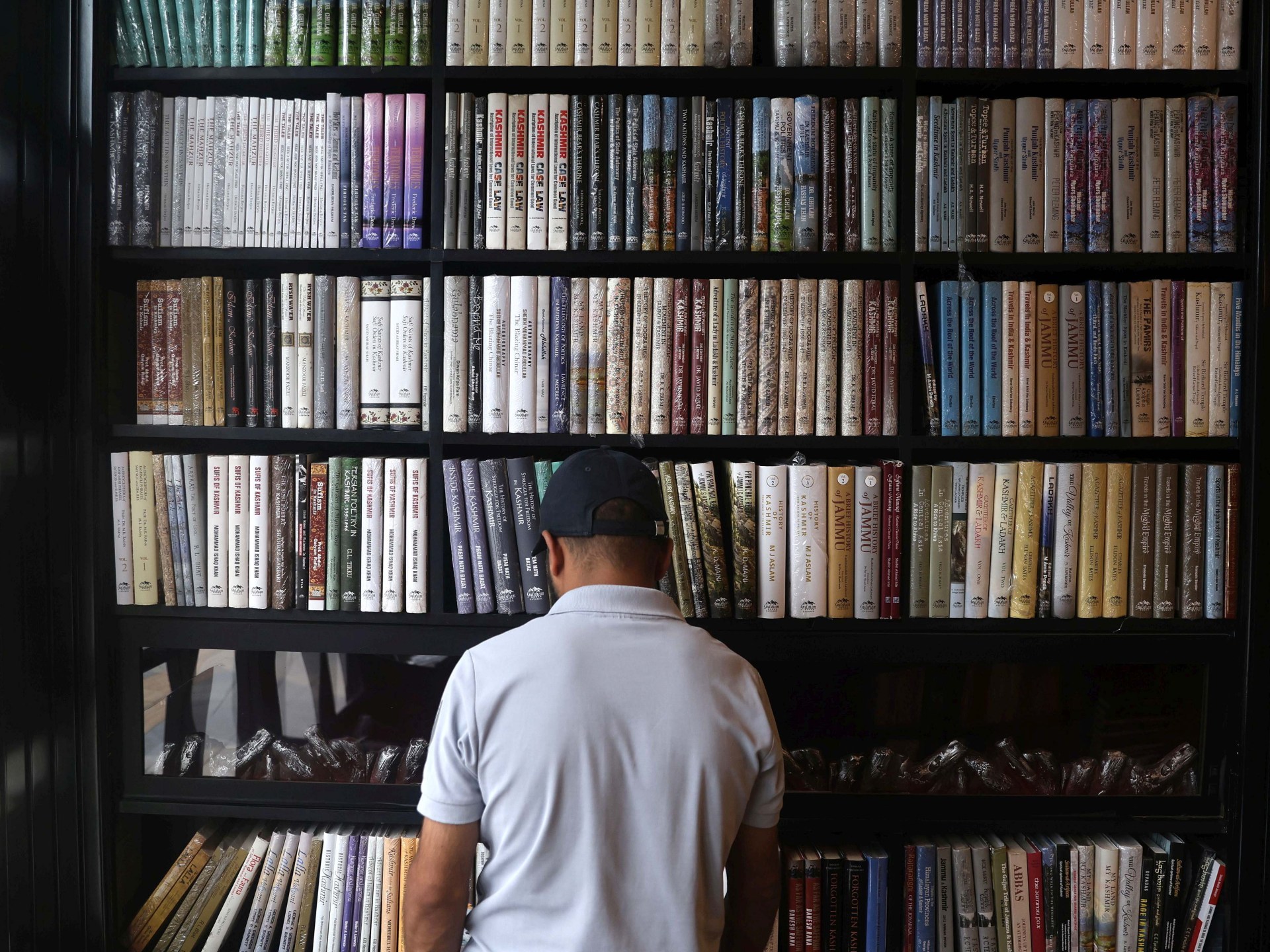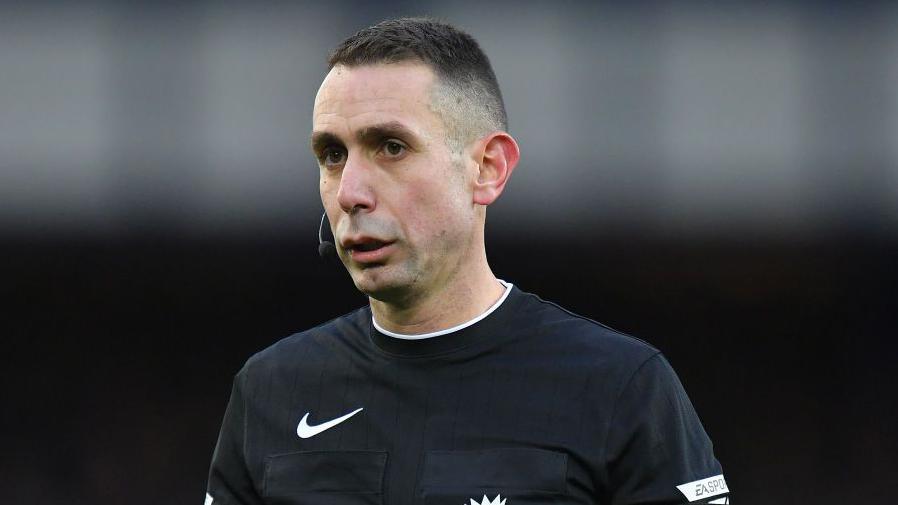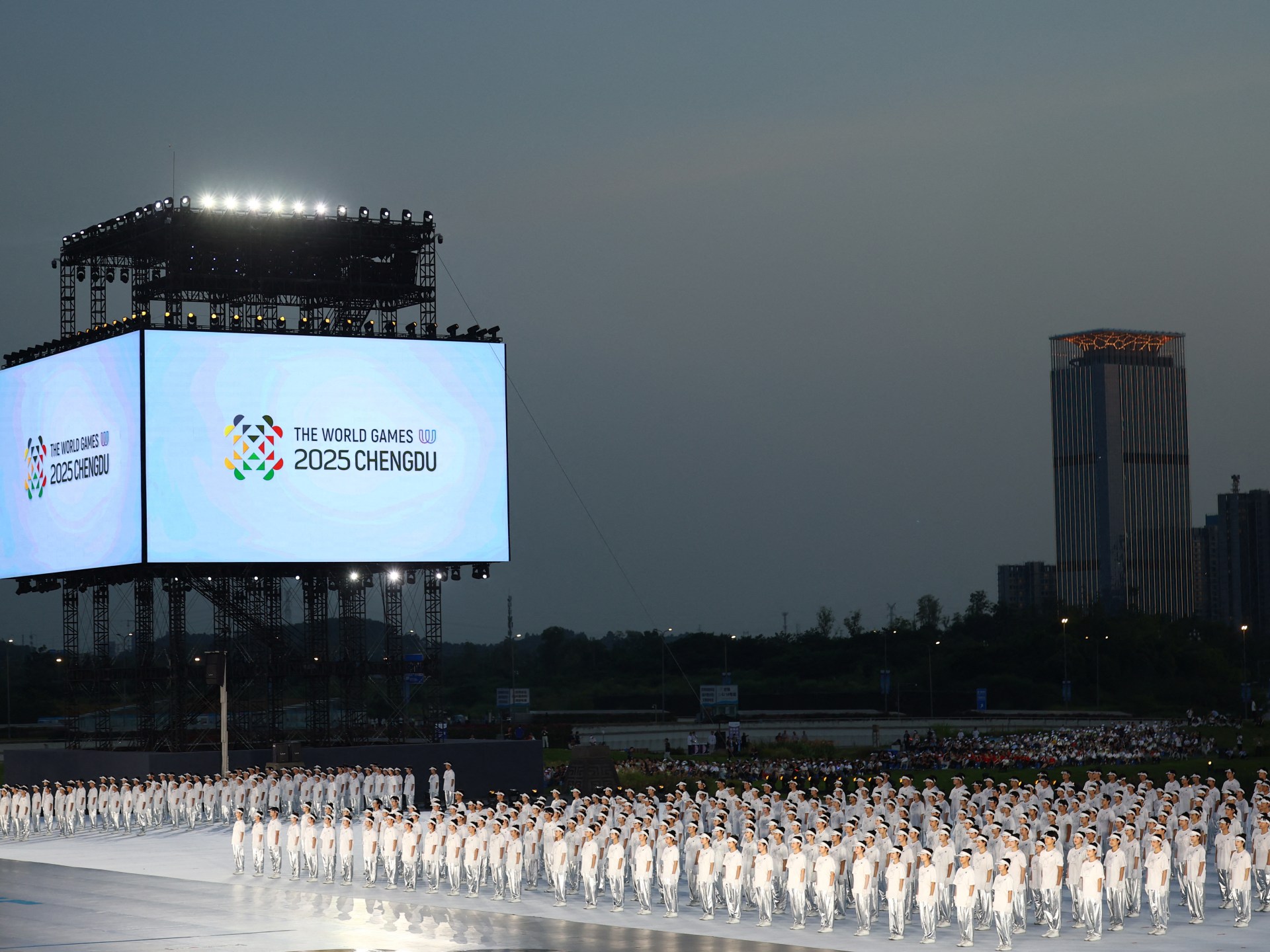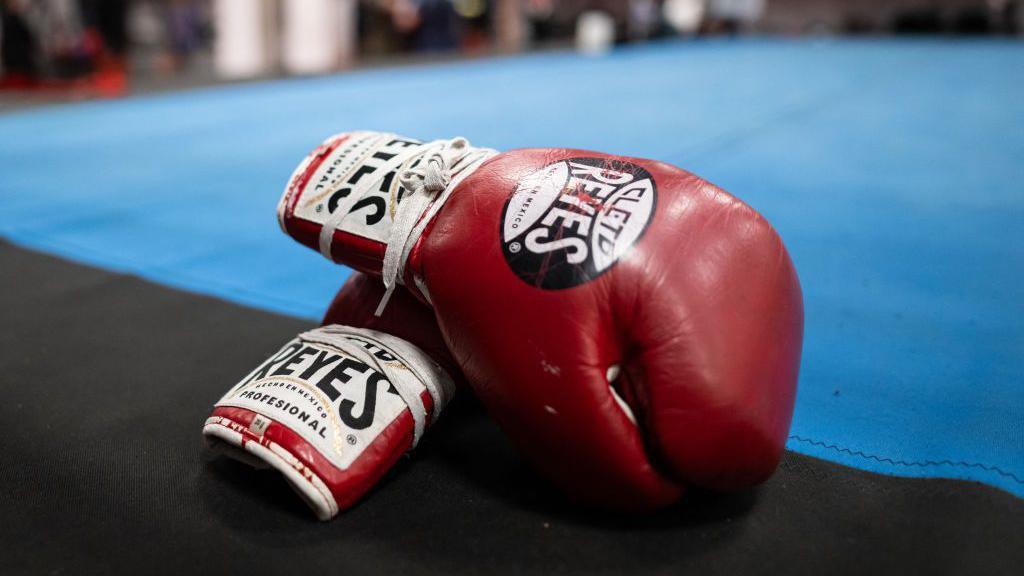On August 5, 2019, the Indian government stripped the erstwhile Jammu and Kashmir state of its special status under Article 370 of the Indian Constitution, split it into two entities and demoted the two units to Union Territories under New Delhi’s direct control.
As the sixth anniversary approached, the region was caught in the grip of rumours of a probable further division, or other administrative changes. Reports of unusual jet activity over Srinagar triggered widespread panic among residents.
This evoked harrowing memories of similar aerial activity coupled with a similarly bizarre set of rumours in the tense days leading up to August 5, 2019. People waited anxiously.
The bombshell that came on the sixth anniversary was an official order banning 25 books that focus on Jammu and Kashmir’s history and politics – all accused of promoting “false narratives” and “secessionism” – a sweeping judgement that does not stand the test of scrutiny and is not based on any evidence.
My book A Dismantled State: The Untold Story of Kashmir After Article 370, published in December 2022 by HarperCollins, is one of them. The book is a rare chronicle of the day-to-day reality in Jammu and Kashmir after 2019. Based on ground research, extensive interviews and the collation of data from other primary and secondary sources, it punctured the Indian government’s claims of “normalcy” in Jammu and Kashmir.
The government justified the actions of August 5, 2019 on the grounds that they would usher in peace and development in the region, while glossing over the unprecedented physical and cyber-restrictions imposed across the erstwhile state, during which thousands of people, including pro-India politicians (three former chief ministers included), were arrested. Barbed wire and military barricades turned the region, particularly the Kashmir Valley, into a curfewed zone, and communication channels – from internet to telephone lines – were pushed into some black hole.
Six months later, when some of these restrictions were slightly eased and the internet was partially restored, the stranglehold of the Indian state became even more oppressive, with an exacerbation of raids and crackdowns against journalists, political and social activists, and civil rights defenders. The policy of widespread detentions under laws like the Public Safety Act, which allows the government to detain anyone without charge for up to two years, was ramped up significantly.
These realities were hardly ever reported. Journalism was severely curtailed under the state’s clampdown, particularly affecting local publications. Newspapers that refused to fall in line were choked financially until they were out of print. Those that did comply were rewarded with lavish government advertisements that kept the businesses going, minus the journalism.
Either co-opted or terrorised, the newspapers were no longer daily chroniclers of the events, developments and incidents in the region. Community voices were silenced while journalists no longer asked questions. The rich archives of some newspapers, showcasing the complex day-to-day history of the region, became inaccessible or were removed.
In the last six years, the government has been extremely intolerant of any criticism. Any word of dissent invites punitive measures ranging from mere intimidation and interrogation to confiscation of devices, and from the slapping of income tax and money laundering cases to terrorism accusations, sometimes accompanied by short detentions or prolonged arrests. While local journalism was reduced to an extension of the government’s public relations department, all civil society voices were throttled by intimidation, leaving major gaps in information.
It was this vacuum that my book aimed to fill. Focused on the first two years of the revocation of Article 370, and in 12 chapters, I documented what was happening on the ground – the increased suppression of the masses, the lack of space for freedom of expression, the shrinking space for civil society and political activism, the criminalisation of dissent, the continuation of terrorism as opposed to the claims of peace and normalcy, and the hollowness of the development claims by the government even as the new policies and actions robbed the people of their homes and agricultural lands.
The book is a pursuit of truth – the naked truth, which challenged everything the Indian state was saying. A paranoid state whose only method of engagement in Jammu and Kashmir is through increasing its military footprint, merciless subjugation of the residents and silencing of all voices of dissent was obviously uncomfortable with what I documented. The book was a warning to the government that its methods of control, creation of a police and surveillance state, and misplaced development models were unsustainable and would fail.
In the last six years, the government has been pulling the wool over the eyes of the world by trumpeting its achievements of bringing peace, normalcy, tourism and development. The April 22 killings this year of 26 innocent civilians punctured this bubble. It was a wake-up call for the government to sit back and review its policies in Kashmir and begin course correction.
Instead, it clamped down even further with a horrific scale of demonisation of Kashmiris, ruthless detentions and even more brutal demolitions of houses. This, even as there was widespread public condemnation of terrorism, including vigils and calls to reject violence – something unprecedented in the more than three-decade-long history of rebellion in the region – and even as the investigators indicated foreign militants, not locals, were involved in the killings.
In the last three months, the government has demonstrated that its policy of control through harsh security measures and pervasive surveillance would be further accelerated. The ban on 25 books, many of which provide rich, well-researched, and layered historical, political and legal narratives about the complex and trouble-torn region, is an extension of the pattern. Through this ban, there is an attempt to erase every trace of a counter-narrative and alternate memory.
By branding all criticism of the state and narratives that are out of sync with the official version as “seditious”, the government can now seize and destroy these books. Not only are the written words being criminalised – even the act of reading will be wrongfully deemed a threat to the security and integrity of the nation. While this may not stop ideas and memory from being suppressed, policing what people write and read is likely to be further intensified.
Though senseless, shocking and irrational in scale and scope, the ban, which ironically coincides with a government-backed Chinar Book Festival in Srinagar, sends a chilling message: Knowledge and information will be regulated by the state. What people write and read will be decided by the state. The thought police will penetrate deeper.
Last year, during Jammu and Kashmir’s first assembly elections as a Union Territory, India’s home minister, Amit Shah, took a dig at the regional political parties and alleged that while “they (local politicians) gave the youth stones in their hands”, his government had given them “books and laptops”.
The hollowness of such claims is laid bare when the daily reality is one of confiscation of digital devices, including laptops, during raids and interrogations, alongside a blanket book ban that only reinforces the central message of my work: Kashmir is anything but normal.






